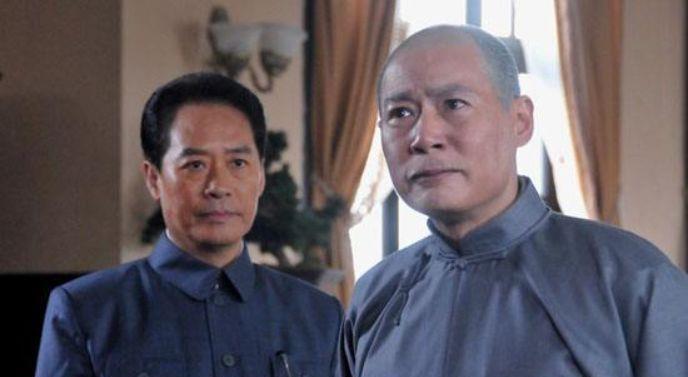The 120,000 elite national troops surrounded 20,000 Japanese troops, and 2 escaped generals were sent out, leaving a thousand ancient laughing stocks
The combat effectiveness of the Japanese army is very strong, and the casualties of the enemy and us are very high. In one battle, 120,000 elite troops of the Kuomintang army surrounded 20,000 Japanese troops, but at this time there were 2 fleeing generals, and the Nationalist army was defeated, leaving a laughing stock for eternity. This battle was the Battle of Lanfeng.

After the defeat at the Battle of Taierzhuang, the Japanese army dispatched nearly 300,000 mobile troops in China to try to encircle and annihilate the main force of more than 500,000 national troops near Xuzhou. When the encirclement circle of the Japanese army in Xuzhou was about to be formed, Chiang Kai-shek, who had always advocated a decisive battle with the Japanese army in the Xuzhou area, felt that the situation was not good.
On the night of May 11, 1938, about 20,000 people of the 14th Division of the Japanese Army crossed the Yellow River and marched towards Heze, once the 14th Division captured Heze, it would cut off the Longhai Line west of Xuzhou and cut off the supply and retreat of more than 500,000 Nationalist troops, and Chiang Kai-shek immediately decided to abandon Xuzhou.
Chiang Kai-shek ordered Cheng Qian, commander of the First Theater of Operations under Henan Province, to immediately concentrate his main force on blocking the 14th Division. At this time, the rapidly advancing Tufeiyuan Division became a lone army, and there were six times as many Nationalist troops opposing it, and Tufeiyuan was trapped within a radius of 100 kilometers from Lanfeng to Shangqiu.
Shangqiu was the gateway to eastern Henan, garrisoned by Huang Jie, who was born in huangpu I, and led the Eighth Army. Lan Fengshou was also from Gui Yongqing of the Huangpu Phase I. Gui Yongqing's 27th Army was the elite of the Central Army at that time, equipped with a chariot battalion rarely seen in the Chinese army, and the surrounding Nationalist army had a total of 6 armies and 120,000 people.
Toihara also felt the danger of the situation, and on May 23 he began to break through with his troops, focusing on Lanfeng. In just 3 hours, Lanfeng's outer defense line was broken, and Gui Yongqing ran away. His escape from the battlefield led to the fall of Lanfeng, and Tufeiyuan was forced to rely on Lanfeng and the Yellow River to hold on to help.
Cheng Qian had to deploy his troops again, re-besiege Tufeiyuan, and retake Lanfeng. After a few days of fighting, on May 28, Huang Jie, who was guarding Shangqiu, ran away again. Shangqiu was a must for enemy reinforcements. At that time, the Japanese reinforcements had just approached Shangqiu, and Huang Jie fled without firing a shot. As soon as Shangqiu was lost, the gateway to eastern Henan was opened, and the reinforcements that Tufeiyuan had hoped for continued to come.
A great battle that must be won was thus destroyed in the hands of two fleeing generals, and the Kuomintang army had to retreat in its entirety. Because Gui Yongqing and Huang Jie led their troops to escape, the Chinese army of more than 120,000 people failed to eliminate the 20,000 people in Tufeiyuan, but instead suffered a big defeat. Later, even Chiang Kai-shek himself was extremely disappointed, and in his letter to Cheng Qian, he said that he had to admit that the Lanfeng Campaign was "a laughing stock in the history of war." Huang Jie fled without a fight and was dismissed from his post to investigate, the Eighth Army was revoked, and the Lanfeng general Gui Yongqing was also dismissed from his post.